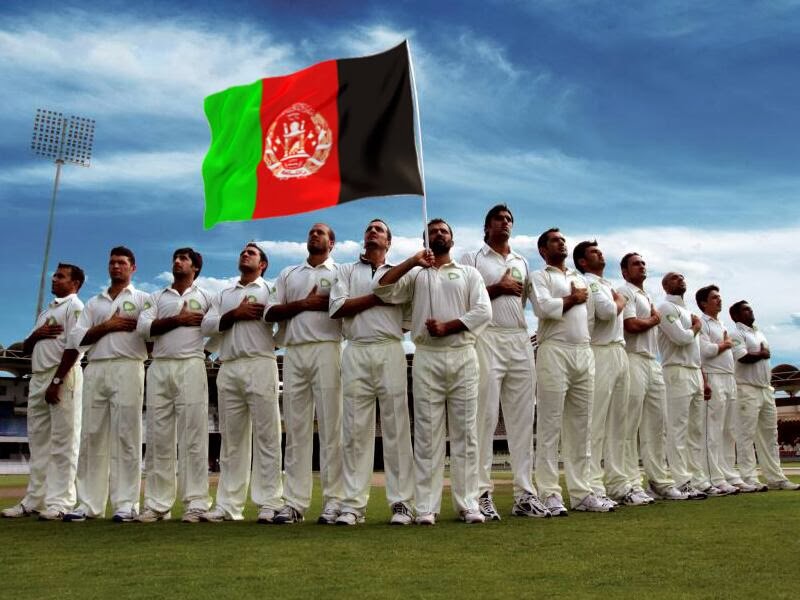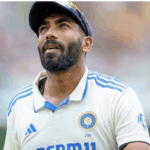
BCB considering increased breaks for Afghanistan Test
Bangladesh Cricket Board (BCB) is considering the increasing of breaks during the one-match Test series as the temperature touched up to 38 degree Celsius in Dhaka on June 8.
Find M88 Mansion best offers here.
Click for more sports update here.
What happened
The excessive heat can cause serious damage to the players and it seems to be a major concern for the host, with the Test is schedule to be played at the Sher-e-Bangla National Stadium from June 14.
Even the host Afghanistan who are used to the extreme heat during the day, struggled with the 38 degrees on Wednesday.
The coming Test in June is only the second one Afghanistan will be playing, having featured the other one against India in 2015 at Fatullah.

According BCB chief physician Debashish Chowdhury in an interview with Cricbuzz, there have been requests to increase the number of breaks.
“Look, we would like that the number of breaks are increased in the Test match against Afghanistan,” Debashish said.
“During the series against West Indies ‘A’, we decided to increase the number of breaks as both parties agreed to it. Whether it will happen in the Test match can be decided only by the match referee or the members of the team. From a medical point of view and taking the players’ health into consideration, we would like to have more breaks in the game.
“There are three sessions in a Test match and there is a drinks break in every session apart from the lunch and tea breaks. But if we can have two drink breaks instead of one, it could be helpful. Apart from that, the cricketers should get permission to drink water or go into the shade whenever they need to, to get some respite from the heat.”
There have been nothing finalized yet, but BCB have taken several measures to ensure the cricketers can compete under the heat.
Agreements to be reached from both sides
According to BCB’s cricket operation manager Shahriar Nafees, once agreement is reached from both sides, extra breaks can be introduced in the Test in June.
“Before the start of the match there will be a meeting between the match referee and the captain of the two sides along with the managers. If there it is felt that more breaks are required, there should be no problem with it,” said Shahriar.

“Look, I am not sure whether it is possible or not (more breaks in a Test match) considering the game is played for six hours and if more time is consumed through breaks, it might be a problem managing the play in time,” he said.
BCB chief physician insisted that for the time being their major focus is to make sure that cricketers take proper steps to prevent dehydration, and as part of it, they are urging them to have clockwise feeding (drinking water) instead of demand-based feeding,” he said.
“We are saying that you don’t drink when you are thirsty, you drink before getting thirsty. It means, you cannot do demand feeding rather you have to do clock feeding. You have to have water after every hour and that should not be based on your thirst,” he said.
“Whenever we are getting thirsty we have to understand that we have been dehydrated by two liters. They are reminded every now and then (about clock feeding) and we are trying to manage the heat stress by giving electrolyte drink, slash or ice regularly.”



